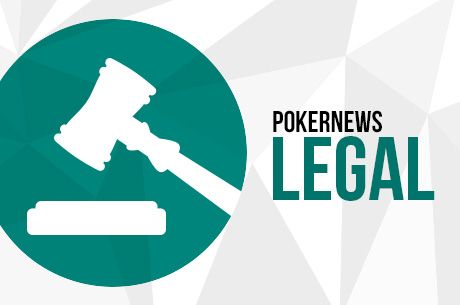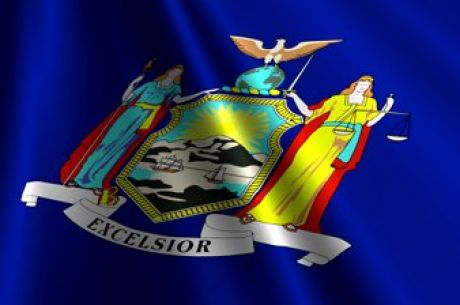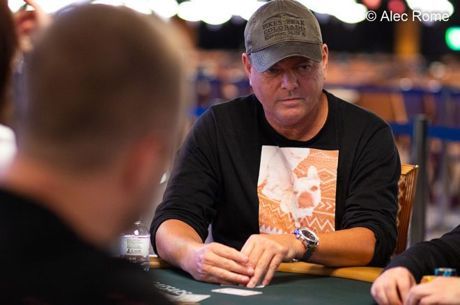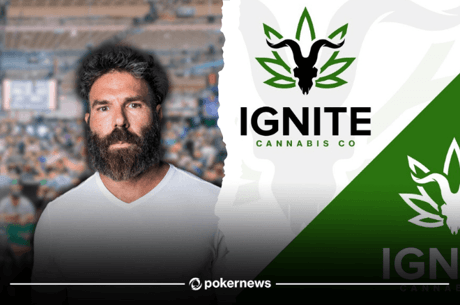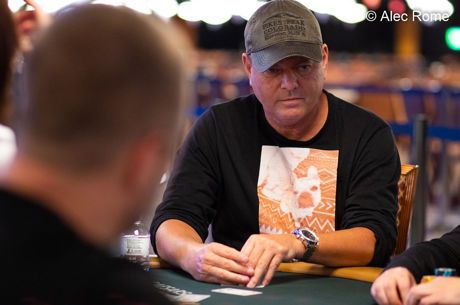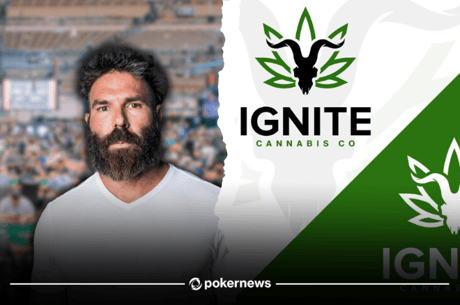Curtis Woodard Discusses New Bill Which Looks to Bring Online Poker to Washington State
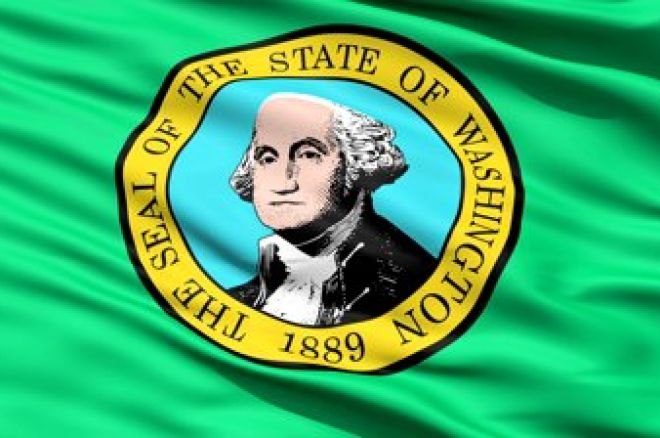
Back in 2006, Washington State took an early stance against iGaming by passing SSB 6613, which made it a Class C felony punishable by a $10,000 fine and/or five years in prison to play poker online. It was a harsh penalty, but the state supreme court upheld the law in September of 2010 when challenged by Lee Rousso, an attorney who served as the PPA's Washington State director.
Attempts have been made to get the law off the books, but to no avail. That made it all the more surprising when Rep. Sherry Appleton (D–23) prefiled HB 1114 last week. The poker-only bill, which you can read in full here, seeks to bring online poker to the state through two levels of licensing overseen by the Washington State Gambling Commission.
The bill, which doesn’t include a “bad actor” clause, was actually the brainchild of Curtis Woodard, a poker advocate from Des Moines, Washington. Woodard has been fighting for online poker players for years, and even started the Washington Internet Poker Initiative to further the cause. Woodard toiled for years to get his bill in front of the legislature, but now it looks like all his hard work has paid off.
PokerNews recently had the opportunity to speak with Woodard about HB 1114.
PokerNews: What inspired you to undertake such a massive effort as getting an online poker bill introduced in Washington, a state known to be against iGaming?
Woodard: It seemed to me that Washington State had just been written off regarding online poker, which I found unsettling to say the least. Someone had to step up and raise the issue or we would be a forgotten little corner in the Northwest. Initially I only had hopes of moving the conversation along, expecting industry-lobbying forces to come in to do the heavy lifting. I've grown more and more determined while waiting for those troops to arrive.
You're also the man behind the Washington Internet Poker Initiative. What inspired you to start the organization?
We needed a platform from which to spread the message, to share information with players, and to direct efforts in a unified direction. WIPI serves that purpose.
What inspired you to select Rep. Sherry Appleton as the right person to introduce this bill?
I had reached out to every single legislative candidate prior to the 2014 elections. Rep. Appleton has been a cosponsor on a few attempts to reduce or remove the criminal penalty on players, and she was initially receptive of the idea and was one of a handful of legislators I focused on. I got in touch with her again after the election, and she readily took on the bill for us. She is a true hero for hopeful Internet poker players in our state.
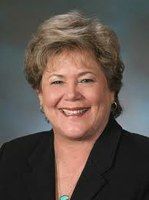
Margarita Prentice, a known iGaming opponent, recently left the state Senate after 20 years. Did that have any bearing on introducing this bill in 2015?
The timing was coincidental, but it certainly helps having one less staunch opponent. There was hope for a bill in 2014, but when that didn't materialize, I set about trying to find a compromise solution that would satisfy local interests, bring the best products to the players, and give the state ample oversight of the industry. I believe this bill accomplishes those three goals.
Your bill doesn't include a "bad actor" clause, which seems to be commonplace in other bills. Why did you go this route?
The Washington State Gambling Commission is the second oldest gaming control board in the United States. They are full time professionals, and I feel they are fully capable of vetting potential operators without the legislature hamstringing them. The bad actor clause is great, if endless debate is what you are looking for. Washington State has a very narrow legislative window each year, while the Commission meets year round. This bill leaves the details for the Commission to work out. The legislature always has oversight, and can add to or subtract from whatever the Commission puts forth.
I also believe that with the network approach, the fear of a single operator with exclusive use of the top platform dominating the market is mitigated, which makes a clause intended to keep a specific operator out of the market becomes moot.
What has been the most difficult aspect of getting this bill to where it's at today?
I have been hampered by my own limited reach, within the industry, the community, and with the legislature. A lack of resources has made it challenging, for sure. The approach we have taken bucks convention as well — too few are thinking outside the box when looking for a way to bridge the gap between international operators and local stakeholders. But at the end of the day, the players will get the protections they deserve, and those international operators will have access to those players, and in-state interests will be able to offer games online. I see it as a win/win/win situation.
What has been the most rewarding thing?
Seeing that bill posted on the roster was a great satisfaction, but I'm well aware it is only the first step. I won't truly be satisfied until the Governor signs it.
Can you describe what's next for this bill? What will the process be like?

Next up is convincing the Chair of the Commerce and Gaming Committee to schedule a hearing. I am optimistic Rep. Hurst (D-31) will give us that hearing. I met with him last year and found him to be reasonable and open minded to this approach. Notice of that hearing will be short, so the next hurdle is going to be getting the right people to said hearing, to make the case that prohibition is a failure and regulation will succeed.
Do you think your bill could serve as a template for other states that only host tribal gaming?
Yes I do, indeed. Having the big operators serve as networks, with local skins competing for players, creates the greatest opportunity for wide participation, without splintering player liquidity. The more local interests able to participate, the fewer opponents there will be among them.
Why should poker players support this specific bill?
This bill will give players the opportunity to play on familiar platforms, with local branding and the opportunities that will provide. The network model will ease interstate pooling of players on common platforms and give us the best shot to maximize liquidity.
Along those same lines, many players find the political process extremely frustrating. As someone who has managed to make some noise in that realm, what sort of advice would you give to those looking to change things in their state?
1) Persevere. Don't accept a 'quick no' for an answer. Stay on message, be respectful always, and don't give up. Many players think they will be ignored, so they don't bother. But by not bothering, they are not being heard, and then from the legislator's point of view, there is no issue.
2) Have a plan. Approach legislators with a draft, so they know up front what you want.
3) Be organized. Gather and make available as much information for other players in your state, and help get those players involved in the process.
*Lead photo courtesy of shutterstock.com.
Get all the latest PokerNews updates on your social media outlets. Follow us on Twitter and find us on both Facebook and Google+!

